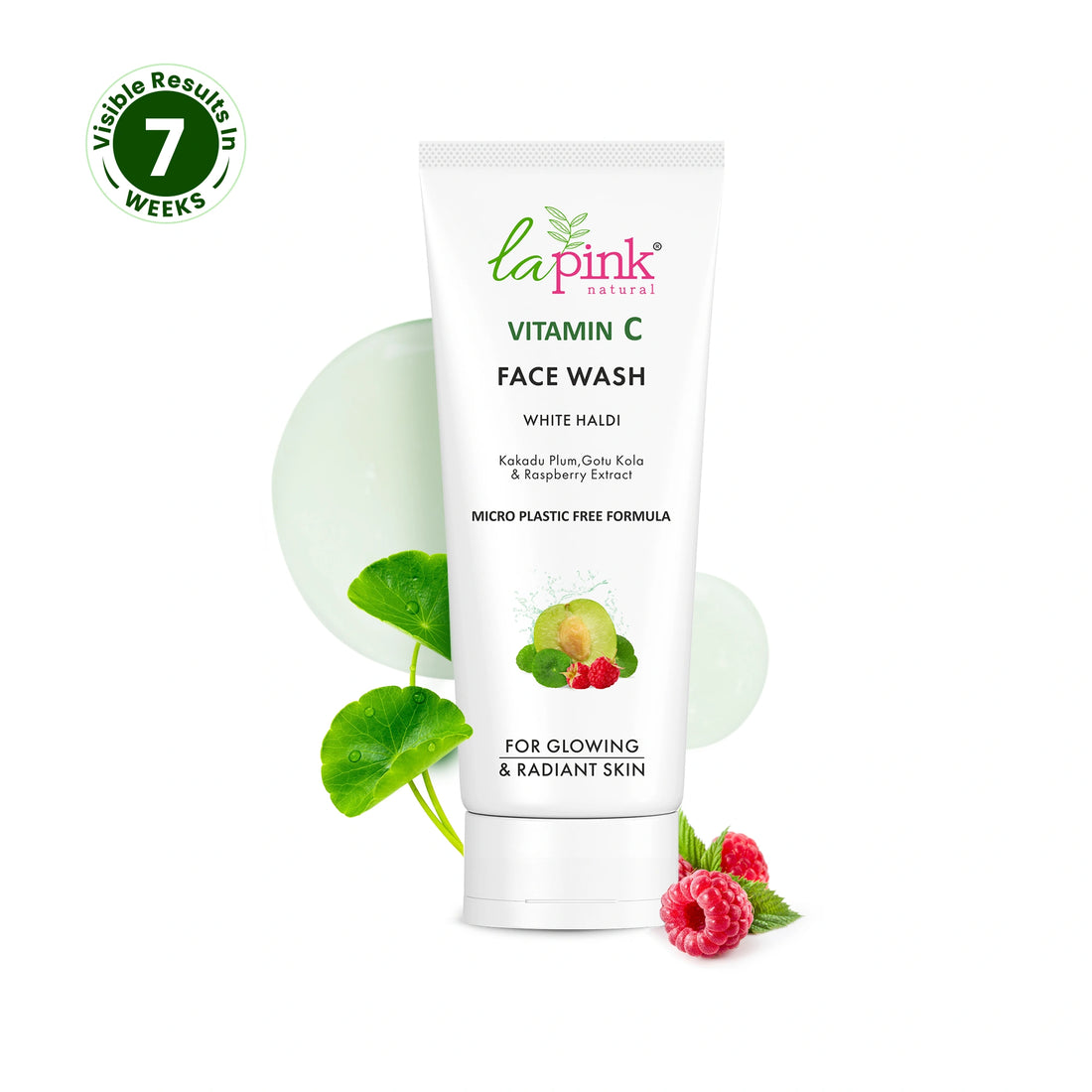Glycerin
Glycerin, also known as Glycerol, is one of the most widely used ingredients in skincare and cosmetics. It has moisture retention abilities since it is a clear and odorless humectant. Interestingly, it is naturally derived from plant oils and synthesized from propylene as well. Glycerin is crucial to maintain hydrated skin, improve skin texture and reinforce the skin’s protective barrier.
For decades, Glycerin has been a hero ingredient most commonly found in moisturizers, cleansers, serums and even makeup products. Its compatibility with nearly all skin types, from dry to oily and even sensitive, makes it a staple across skincare formulations globally.
Skincare Benefits of Glycerin
Glycerin is a magic ingredient responsible for repairing skin barrier and offers a wide range of benefits for it to be a skincare essential.
Deep and Long-Lasting Hydration
The humectant in Glycerin is the source of hydration magnet in skincare products. It has the ability to absorb moisture from the environment and provide hydration to skin’s deepest layers. Hence, giving it long-term hydration. Products containing Glycerin help maintain skin softness, smoothness and elasticity by preventing moisture loss throughout the day.
Strengthens the Skin Barrier
Glycerin realigns the skin’s natural barrier by promoting the synthesis of lipids and proteins that protect against irritants and water loss. It helps maintain the structural integrity of the skin’s outermost layer. With glycerin present in the skincare products, skin becomes resilient and hydrated to stand against environmental damages.
Improves Skin Texture and Elasticity
Dry or dehydrated skin often feels rough, tight and flaky. By drawing moisture into the skin and helping stay there, Glycerin positively works in improving skin smoothness and plump. With consistent use, skin feels softer, more supple and becomes visibly healthy.
Suitable for All Skin Types
Glycerin is non-comedogenic and lightweight. It doesn’t block pores and works pretty well on oily and acne-prone skin, and shows its hydrating effect is beneficial for dry and mature skin. Even people with eczema, psoriasis, or rosacea can safely use Glycerin-based products.



































































